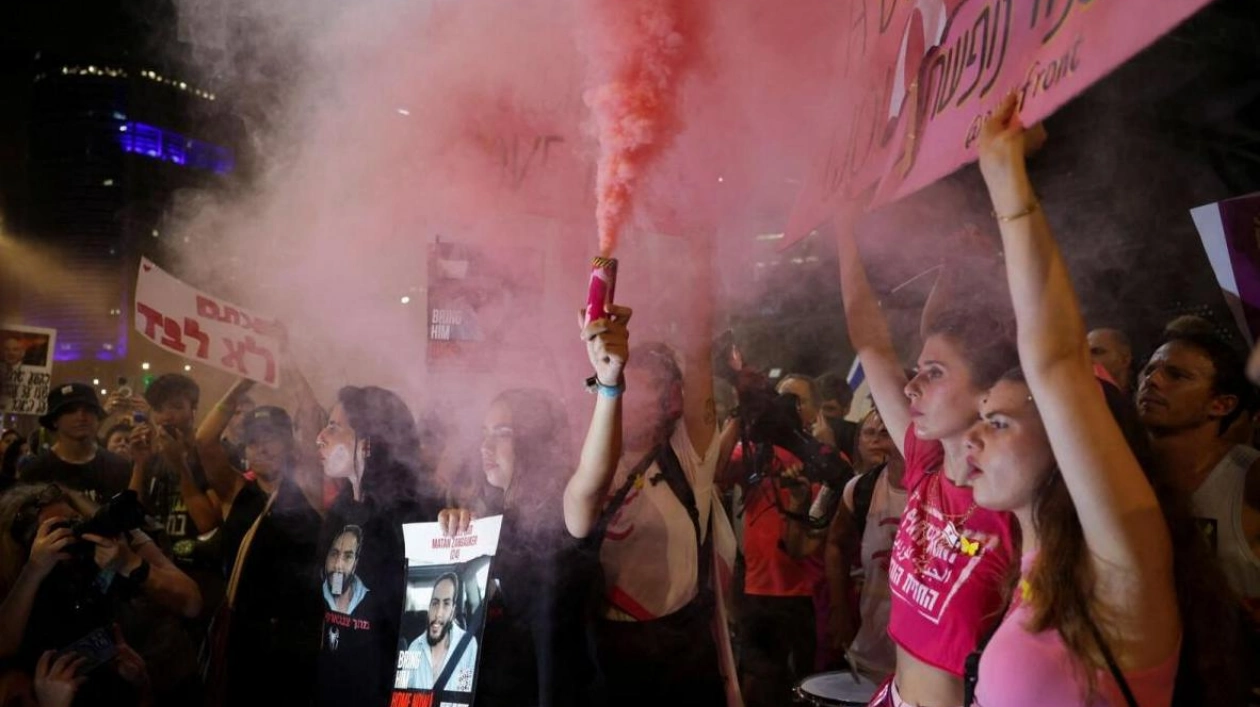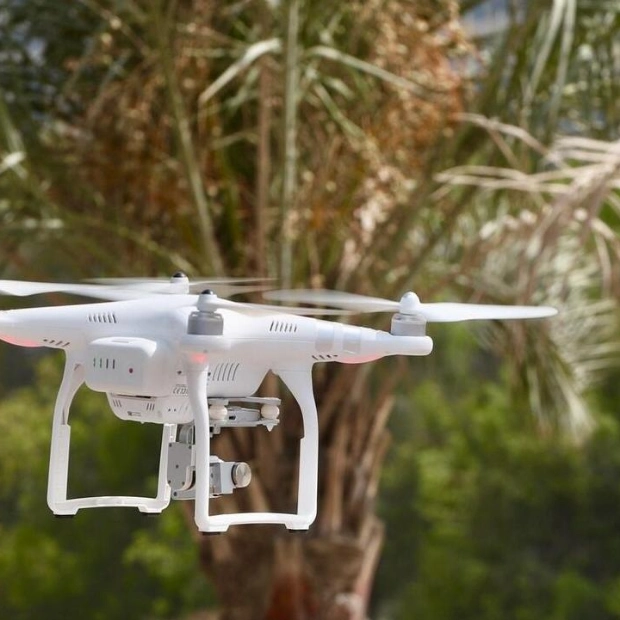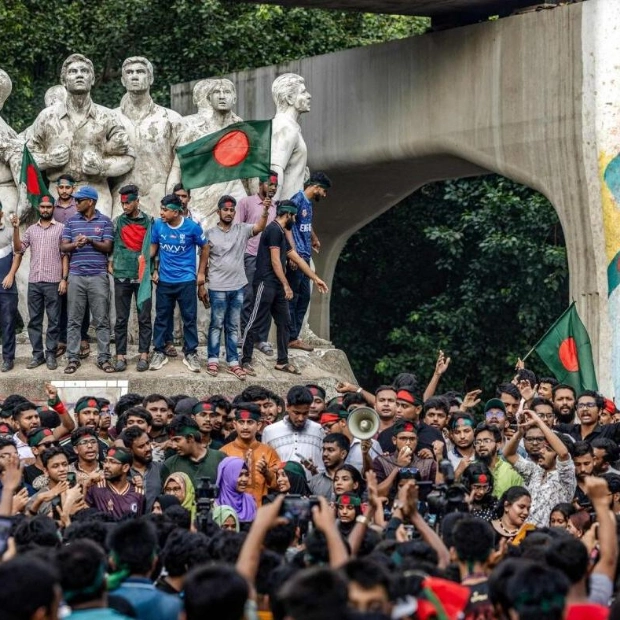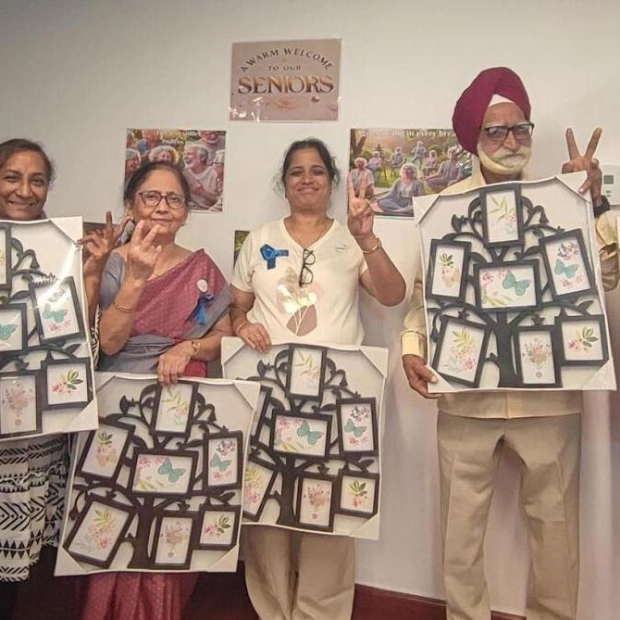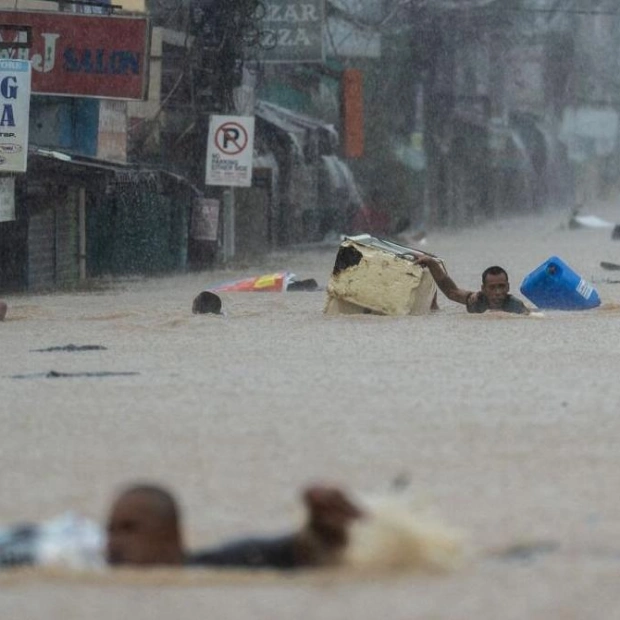On Wednesday, concerns escalated among Israelis regarding the fate of numerous hostages still held in Gaza, following the assassination of Hamas leader Ismail Haniyeh in Tehran. Anat Noy, a resident of Haifa, expressed her fears, stating, "Haniyeh's killing was a mistake as it jeopardizes the potential for a hostage exchange." She added, "We woke up today with a sense of fear that this situation could worsen. There is no calm...we are afraid."
Hamas and the Iranian Revolutionary Guards confirmed that Haniyeh, aged 61, was killed in an Israeli air strike in Tehran. He was there to attend the inauguration of President Masoud Pezeshkian. As the political leader of Hamas, Haniyeh was involved in negotiations to end the war in Gaza and secure the release of hostages in exchange for Palestinian prisoners in Israel. The Ezzedine Al Qassam Brigades, Hamas's military wing, warned that Haniyeh's death would lead to significant repercussions for the entire region.
The conflict began after a massive Hamas attack on Israel, resulting in 1,197 deaths, predominantly civilians, and the capture of 251 hostages, 111 of whom remain in Gaza. Israel's response has led to at least 39,445 deaths in Gaza, according to the Hamas-controlled health ministry. Despite months of negotiations involving Qatar, Egypt, and the United States, no ceasefire or hostage release agreement has been reached. Both sides blame each other for the stalemate.
Residents like Avi Ben-Ishai of Haifa hope for the return of the hostages and an end to the war. The Hostages and Missing Families Forum emphasized the importance of the hostages' return, stating, "Time is of the essence, and we urge the Israeli government and global leaders to expedite negotiations." Tel Aviv resident Shahar Binyamini expressed concerns about potential reactions from Hamas and Hezbollah, while another resident, Jacob, questioned whether Haniyeh's death would resolve the conflict.
